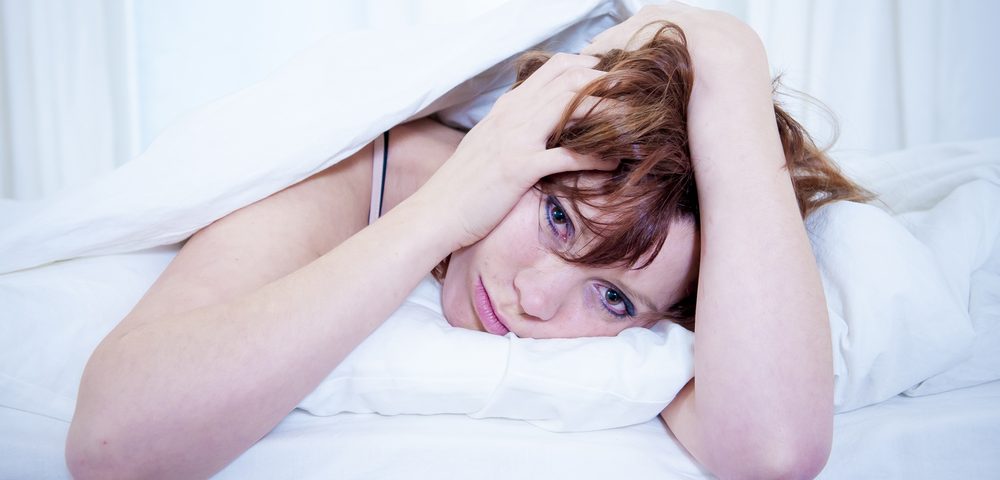Finding Ways to Make Sleep Come More Easily

My doctor sent me for a sleep study after my husband told him how loudly I snored. I tried to tell them that it wasn’t that bad, but as it turned out, it was. The night of the study, they put a continuous positive airway pressure (CPAP) machine on me in the middle of the night. The nurse told me that I stopped breathing more than 90 times per hour. No wonder I didn’t feel rested in the morning!
But even when I got my own CPAP machine and used it every night, it seemed like I could never get enough sleep. A few months later, I was diagnosed with lupus.
Lupus and sleep disorders
According to a 2014 study, up to 85 percent of lupus patients have sleep disorders. I didn’t know it at the time, but my sleep issues were just beginning. When I was first diagnosed, I was in constant pain, so it was impossible to sleep. Being unable to sleep made the pain seem worse, so it was a vicious cycle.
When I finally got an appointment to see a pain management specialist, he gave me Lyrica (pregabalin) and Cymbalta (duloxetine) for the pain. They seemed like little miracle pills to me. I quickly found out that I can’t take Lyrica during the day, as it makes me feel like a drunken monkey! But I have no problems with it at night. I take them an hour or so before bedtime, and I’m usually ready to fall asleep by the time I go to bed.
Remember, everyone’s experiences aren’t the same, so make sure to check with your healthcare professionals on the best options for you.
So far, it sounds good, right? It is, except when I wake up in the middle of the night. It doesn’t take much to wake me up. My husband will bump me or the dog will bark, and my eyes will fly open. Once I’m awake, I rarely go back to sleep, so I’m a zombie the next day. Then I need a nap. If I nap too long, I can’t fall asleep at bedtime. Another vicious cycle.
Tips for better sleep
The experts at the Lupus Foundation of America have several tips to help you sleep better, including:
- Put away all of your devices 30 minutes to an hour before bedtime. This includes your cellphone, iPad, and computer.
- Keep your bedroom a few degrees cooler than the rest of the house.
- Exercise daily, but not right before bedtime.
- Take a warm bath to help you relax.
- Limit naps to less than an hour.
- Limit caffeine in the evening hours. It can stay in your system for up to six hours.
Following these suggestions and using my CPAP machine help me sleep through the night most of the time. I still occasionally wake up and can’t go back to sleep. On those nights, I’ll read a book or listen to a hypnosis recording. If I’m lucky, one of these will put me back to sleep — usually just a few minutes before the alarm goes off.
***
Note: Lupus News Today is strictly a news and information website about the disease. It does not provide medical advice, diagnosis, or treatment. This content is not intended to be a substitute for professional medical advice, diagnosis, or treatment. Always seek the advice of your physician or other qualified health provider with any questions you may have regarding a medical condition. Never disregard professional medical advice or delay in seeking it because of something you have read on this website. The opinions expressed in this column are not those of Lupus News Today, or its parent company, Bionews Services, and are intended to spark discussion about issues pertaining to lupus.






Leave a comment
Fill in the required fields to post. Your email address will not be published.